Beat the Microbead Coalition: “This is a huge victory for the environment and human heath!”
Amsterdam, 30 January 2019 – The European Chemical Agency (ECHA) proposed today, on request of the European Commission, to ban intentionally added microplastics in cosmetics, detergents, paints, agricultural and industrial products. These microplastics are released into the environment and pose a risk to the environment and human health. According to ECHA, an EU-wide ban is justified.
The Beat the Microbead coalition, running since 2012 and supported by 98 NGOs from 41 countries, is delighted with ECHA’s proposal. Jeroen Dagevos, Head of Programs at the Plastic Soup Foundation and leader of the Beat the Microbead campaign: “We consider the proposal by ECHA to restrict intentionally added microplastics as a big step forward in controlling the microplastic menace.”
The Beat the Microbead coalition also welcomes the obligation for industry to be transparent about potential risks and to introduce new labelling requirements. Industry’s argument that a ban should be restricted to scrubs and cleansing products only is rightfully rejected by ECHA.
If adopted, the proposed restriction could result in a microplastics emissions reduction of about 400 thousand tonnes over 20 years.
Dagevos: “We are especially happy with the fact that ECHA recommends microplastics to be treated in the same way as persistent, bio-accumulative and toxic substances are treated within REACH (Registration, Evaluation, Authorization and restriction of Chemicals).”
REACH is currently the strictest chemical regulation in the world.
Intentionally added microplastics are likely to accumulate in terrestrial and aquatic environments. They can be extremely persistent, last for thousands of years and are practically impossible to remove. Concentrations in hotspots like some coastal areas already exceed tentative effect thresholds. Microplastics should, therefore, be restricted to minimize release as the current situation is not adequately controlled
“Of course,” says Dagevos, “there are also a few points of criticism:
- The transition period of 4-years and 6-years for rinse-off and leave-on cosmetics respectively is much too long. Alternatives to microplastic ingredients are widely available on the market. More than 60 brands under our Zero Plastic Inside certification prove that it is possible to make quality products without adding microplastic ingredients.
- We would not prefer a lower size limit in the definition of microplastics of 1 nanometer. Especially, because nano-plastics are increasingly considered as a risk to marine and terrestrial life, including humans.
- We regret the exclusion of semi-solid and liquid polymers, which we consider as a possible threat to human health.”
Dagevos: “But above all, we call upon the European Commission to fully adopt the ECHA proposal and also hope it will inspire other countries around the world to follow”.
Notes
See: ECHA proposes to restrict intentionally added microplastics
See also: the video released by ECHA at the end of 2018
See also: our previous position paper concerning regulation microplastics: The BTMB campaign demands restriction of all intentionally added microplastics under REACH
See also: our test on microplastics in so-called ‘stay on’ products like lipstick, nail polish here!

